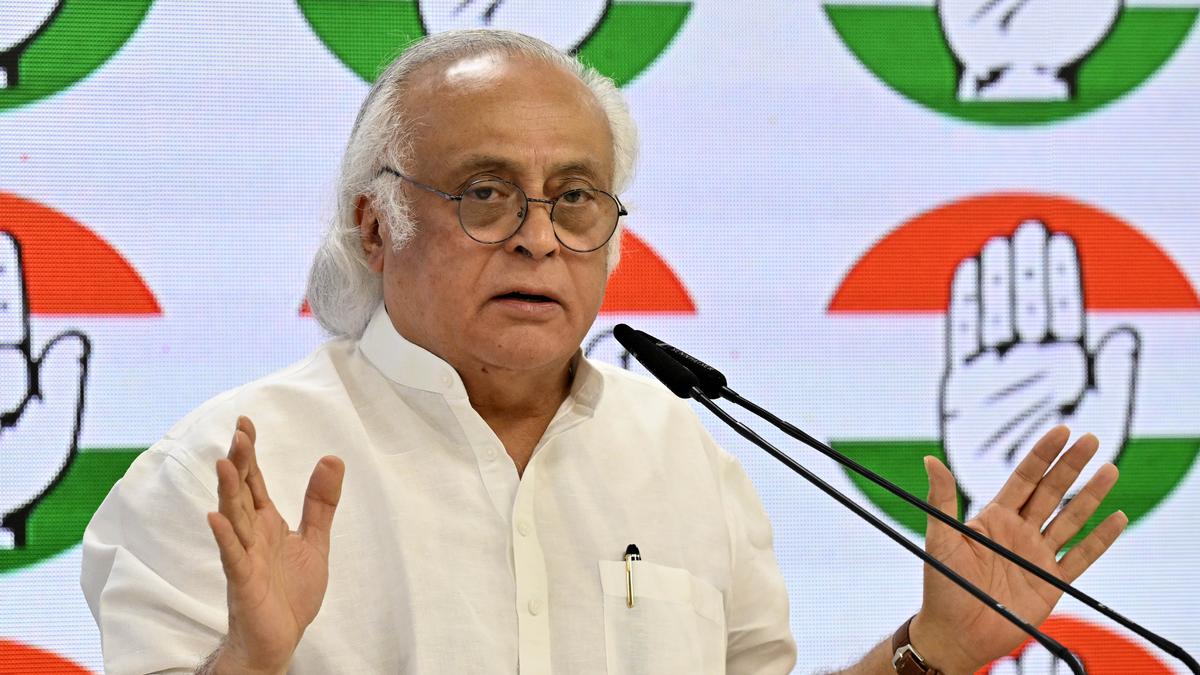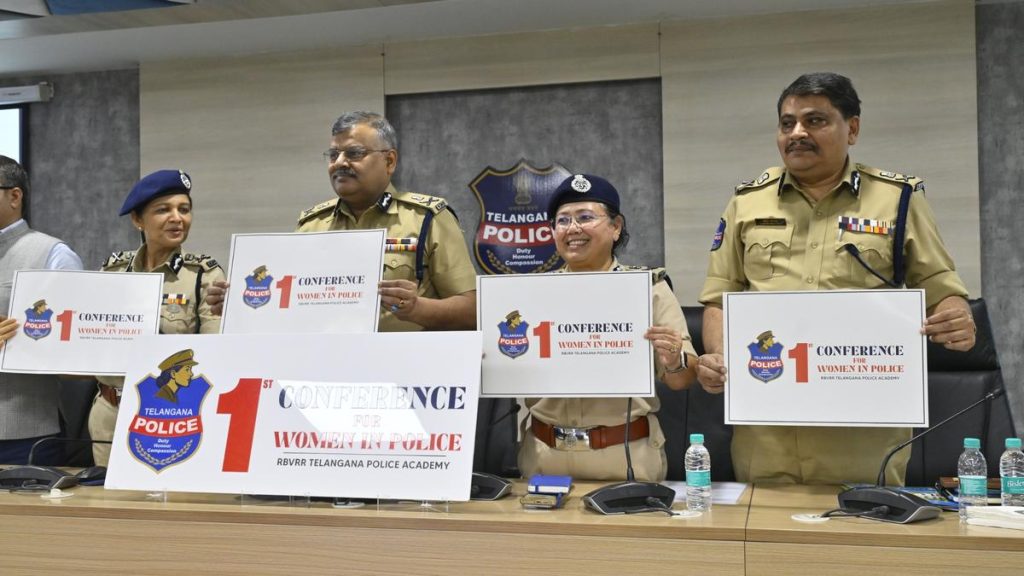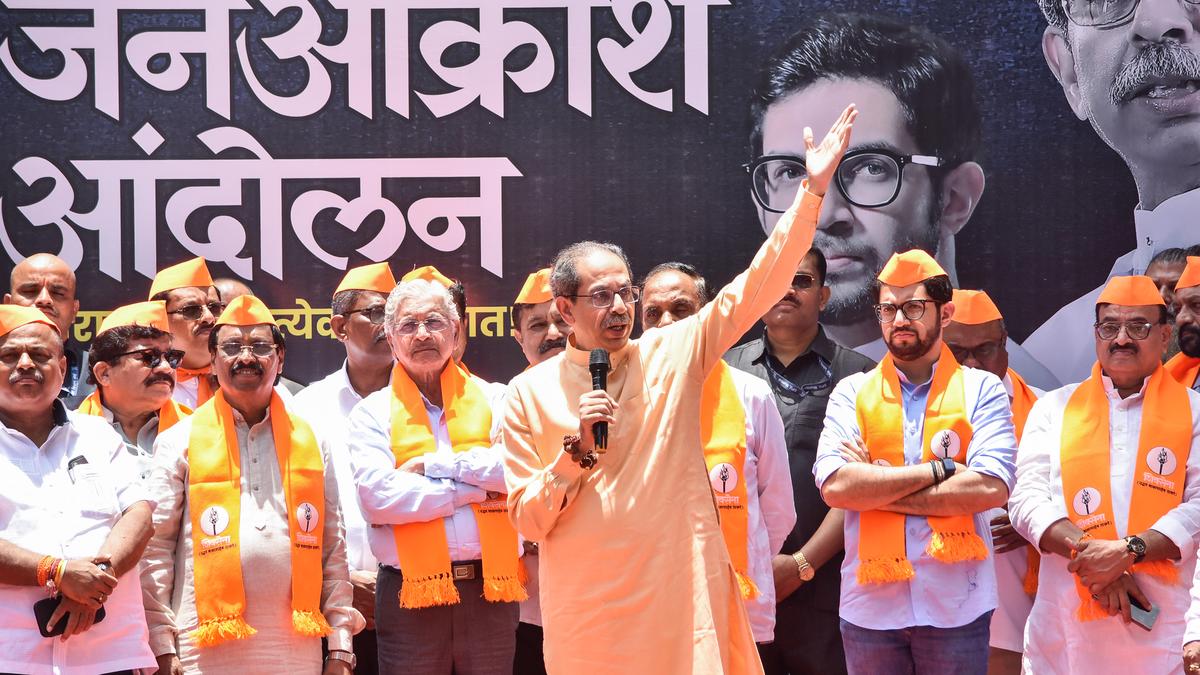Now Reading: Congress Warns Sports Bill Could Centralise Administration Excessively
-
01
Congress Warns Sports Bill Could Centralise Administration Excessively
Congress Warns Sports Bill Could Centralise Administration Excessively

Quick Summary
- Teh National Sports Governance Bill, 2025, was passed in the Lok Sabha on august 11, 2025.
- Congress has criticized the government for “bulldozing” the bill through without proper review or consultation.
- Jairam Ramesh,Congress’ general secretary in-charge of communications,alleged that:
– The bill woudl lead to “extreme centralization” of sports administration.
– The Board of Control for Cricket in India (BCCI) would receive favorable treatment and may not be subject to laws like RTI.
- Digvijaya Singh, Chairperson of the Parliamentary Standing committee on Education, Women, Children, Youth and Sports:
– Had requested that the bill be referred to a committee for further examination. This request was ignored by the government.
- Amid protests from opposition over unrelated issues like revision of Bihar electoral rolls:
– Both the National Sports Governance Bill and National Anti-Doping (Amendment) bill were passed via voice vote.
Indian Opinion Analysis
the passage of significant legislation such as the National Sports Governance Bill raises important governance questions. On one hand, Sports Minister Mansukh Mandaviya’s statement that this represents a major reform sence independence highlights its potential to reshape India’s sports administration positively. However, concerns about centralization and lack of independent oversight merit attention.
The government’s decision to bypass wider parliamentary scrutiny could signal efficiency but risks undermining democratic practices if critical voices are excluded from legislative processes. Allegations regarding preferential treatment for institutions like BCCI warrant openness going forward. Balancing reforms with inclusivity will be crucial to foster trust across all stakeholders in India’s sports ecosystem.
Read more: The Hindu

























